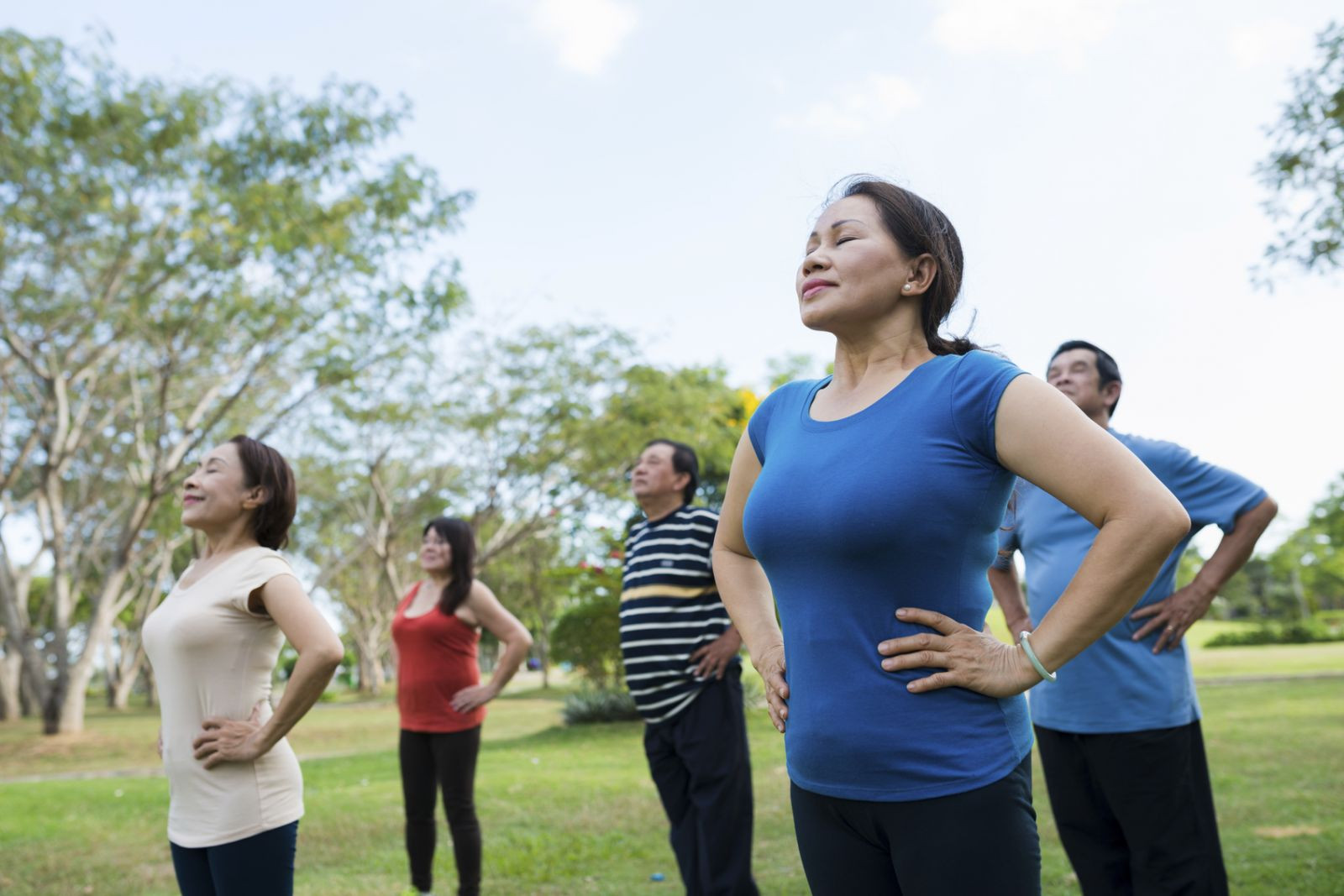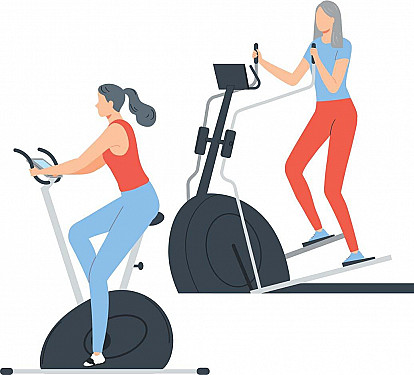A breathing technique to help you relax

The practice of yoga incorporates many separate breathing techniques (above and beyond the coordinated breathing you do during yoga routines) that can help relax you and release tension. And many of these techniques can be done anytime, anywhere — not just during yoga class.
If you'd like to reap the benefits of these breathing techniques, start with the abdominal breathing technique described below. Once you've mastered abdominal breathing, you can then try others based on the unique benefits that each technique offers.
Abdominal breathing
As we go about our daily lives, most of us take quick, shallow "chest breaths" that can leave us feeling tense and drained. Abdominal breathing, also called "belly breathing," is a basic yoga breath that combats the effects of chest breathing. The technique emphasizes breathing deeply to create abdominal movement. It's essential for those beginning a yoga practice, but everyone can benefit from learning it, yogi or not.
Abdominal breathing is best learned while lying on your back, with one or both of your hands on your abdomen. To take an abdominal breath, inhale slowly and deeply, drawing air into the lowest part of your lungs so your hand rises. Your belly should expand and rise as you inhale, then contract and lower as you exhale. One way to think of this is to imagine your lungs as two glasses of water — with each breath, you should fill them from the bottom up, but empty them from the top down.
Once you're comfortable doing abdominal breathing in a reclining position, you can try it while sitting or standing. You can use this technique as you practice a yoga posture or while meditating. It is also useful at any time of the day when you need to calm down.
To learn more about the other breathing techniques, plus ways to get started with a yoga practice, read Introduction to Yoga, a Special Health Report from Harvard Medical School.
Image: DragonImages/iStock
Disclaimer:
As a service to our readers, Harvard Health Publishing provides access to our library of archived content. Please note the date of last review or update on all articles.
No content on this site, regardless of date, should ever be used as a substitute for direct medical advice from your doctor or other qualified clinician.















